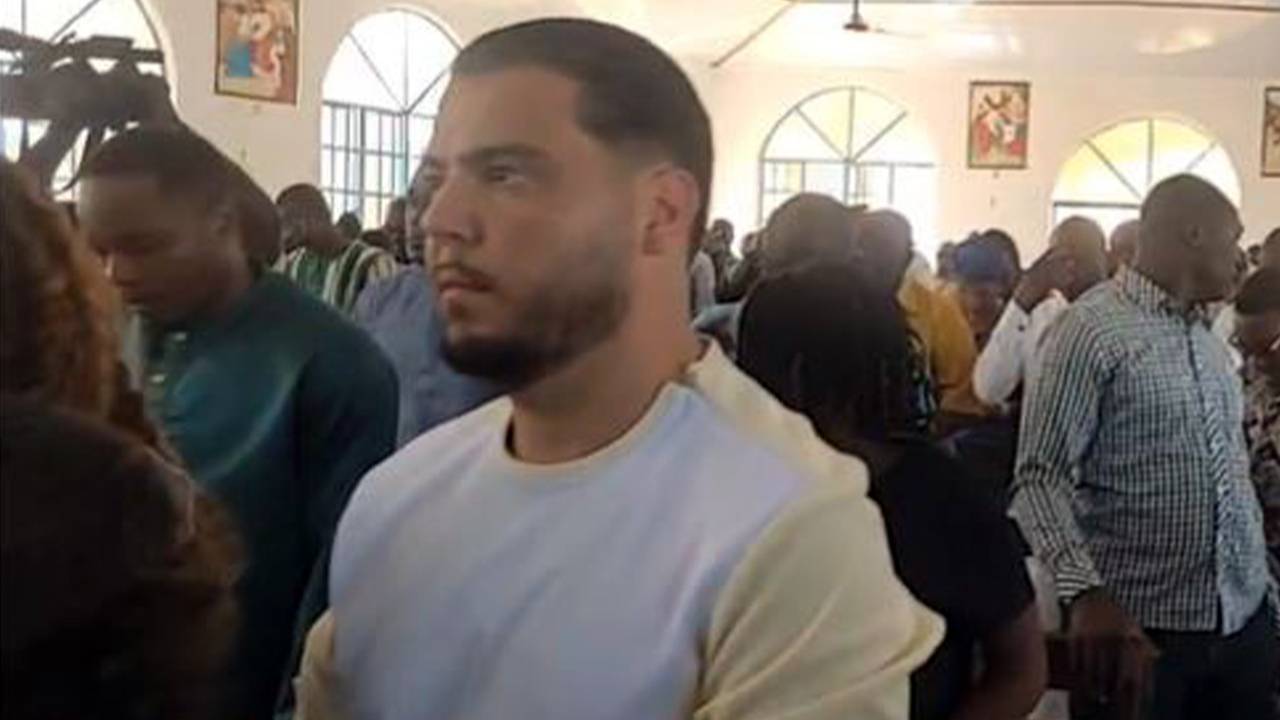The netherlands has requested the arrest of convicted drug dealer jos leijdekkers, also known as “Bolle Jos,” who is currently hiding in Sierra Leone. The request for legal assistance was submitted to the authorities in Sierra Leone, and the Minister of Justice and Security, David van Weel, has confirmed that ther has been contact with the West African country regarding this matter. Bolle Jos was sentenced to 24 years in prison in 2024 for organizing drug transports and giving a murder assignment. He has been on the National Investigation List and the EU Most Wanted List for over two years.A reward of 200,000 euros has been offered for information leading to his arrest.
Netherlands Seeks Arrest of Convicted Dutch Drug Dealer Hiding in sierra Leone
Table of Contents
The Netherlands has initiated legal procedures to extradite convicted drug dealer jos Leijdekkers, also known as “bolle Jos,” who has been evading justice while hiding in Sierra Leone. The Dutch authorities continue to pursue his apprehension following his 2024 conviction, which resulted in a 24-year prison sentence for organizing drug operations and ordering a murder. Leijdekkers has been on the National Investigation List and the EU Most Wanted List for over two years, with a considerable reward of 200,000 euros offered for any leads to his capture.
Interview with Dr. April Peters, International Criminal Law Expert
Senior Editor: Today, we welcome Dr. April Peters, an international criminal law expert, to discuss the recent developments surrounding the manhunt for convicted drug dealer Jos Leijdekkers, who is currently hiding in Sierra Leone.
Extradition Process and Legal Challenges
Senior Editor: Dr. Peters, can you walk us through the extradition process and the legal challenges the Netherlands might face in apprehending Jos Leijdekkers from Sierra Leone?
Dr. April Peters: The extradition process can be complex, especially when countries have differing legal systems and extradition treaties. The Netherlands has submitted a request for legal assistance to Sierra Leone, which is a positive first step. Though, Sierra LeoneS legal and judicial framework will determine the ease of extradition. Additionally,the political climate and diplomatic relations between the Netherlands and Sierra Leone may also impact the process.
International Cooperation and Rewards
Senior Editor: What role does international cooperation play in capturing fugitives like Jos Leijdekkers, and how effective are financial rewards in facilitating his capture?
Dr. April Peters: International cooperation is crucial for tracking down and apprehending transnational criminals. The Netherlands’ inclusion of leijdekkers on the National Investigation List and the EU Most Wanted List highlights the collaborative effort. Financial rewards, such as the 200,000 euros offered by the Netherlands, can incentivize individuals with relevant information to come forward. However, the effectiveness depends on the reach and dissemination of this information, particularly within communities or regions where the fugitive may be hiding.
Profile of Jos Leijdekkers
Senior Editor: Can you provide some insights into Jos Leijdekkers’ background and the nature of his crimes that led to his extensive prison sentence?
Dr. April Peters: Jos leijdekkers, also known as “bolle Jos,” has been convicted for organizing drug transports and giving a murder assignment. His involvement in drug trafficking underscores the serious and compounding nature of his crimes. Individuals like Leijdekkers often operate within organized criminal networks, making it challenging for law enforcement to dismantle these operations entirely. His lengthy prison sentence reflects the severity of the transgressions and the judicial system’s commitment to penalizing such offenses.
Futures and Lessons
Senior Editor: What future prospects do you see for capturing Jos Leijdekkers, and what lessons can be drawn from this manhunt for international law enforcement?
Dr. April Peters: Based on the current efforts, the possibilities for capturing Jos Leijdekkers are robust, even though the exact timeline remains uncertain. Effective international cooperation, robust legal frameworks, and comprehensive intelligence sharing are essential components. Additionally, this manhunt underscores the importance of continuous vigilance and resourcefulness in countering transnational organized crime. Each captured fugitive provides valuable intelligence that can definately help dismantle criminal networks and prevent future crimes.
Senior editor: Dr. peters, thank you for your valuable insights and expertise on this matter.
Dr. April Peters: Thank you for having me.


